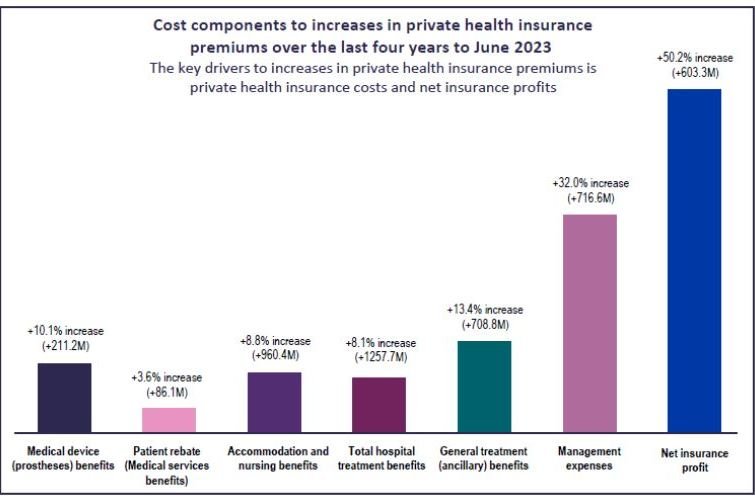Urgent action is needed to halt the decline of the world’s fastest sharks – the longfin and shortfin mako – after a global authority on threatened species upgraded their status to Endangered, say the Australian Marine Conservation Society (AMCS) and Humane Society International (HSI).
The International Union for the Conservation of Nature (IUCN) shifted the status of both mako species from “Vulnerable” to “Endangered” after a serious depletion in numbers globally.
The IUCN findings come on the back of the release earlier this month of theAustralian Shark Report Card1 that identified shortfin mako sharks as declining and needing better management. The closely-related longfin mako may be in a similar position in Australia but the report notes there was very limited information available.
A United Nations meeting of the Convention for International Trade in Endangered Species (CITES) in Sri Lanka in May presents a crucial first opportunity to increase international protection for the species.
Governments attending the CITES meeting in Colombo will be voting on a proposal to list the long and shortfin mako sharks in Appendix II of the convention. The proposal has been put forward by Mexico, the EU and 27 other countries. If a two thirds majority of all governments voting at the meeting is reached, global trade in the species must be regulated at sustainable levels.
“Despite being one of the fastest fish in the sea, mako sharks need our urgent intervention to outrun extinction,” said Lawrence Chlebeck, HSI Marine Campaigner. “We turn to the Australian government to join the governments voting to bring trade in mako sharks under control.”
While CITES will determine the nature of international trade in mako sharks, Australia will need to better protect the species in our own waters. Last year at least 694 mako sharks were killed on Australian longlines targeting tuna and billfish2. The species is sold as byproduct of that industry.
Dr Leonardo Guida, AMCS Senior Shark Campaigner said: “Mako sharks need a reprieve from unsustainable fishing. It’s possible that up to a third of ‘healthy’ makos thrown back actually die within a couple of days from sheer exhaustion during capture3. Now that we know mako sharks are considered Endangered, the Australian tuna industry cannot continue operating as it is.”
HSI identified concerns for mako shark conservation ten years ago, nominating the long and shortfin mako sharks for listing as Endangered under Australian law in March 2009. The nominations were rejected in 2014. The conservation charity will now resubmit nominations for the species to be protected as Endangered as a matter of urgency. Once listed as Endangered under Australia’s environment law they would no longer be able to be sold for their meat and fins.
The mako shark upgrades were part of an assessment4 of shark conservation status by the IUCN released last week which included some six species of sharks and rays that swim in Australian waters having their global threat categorically raised.








